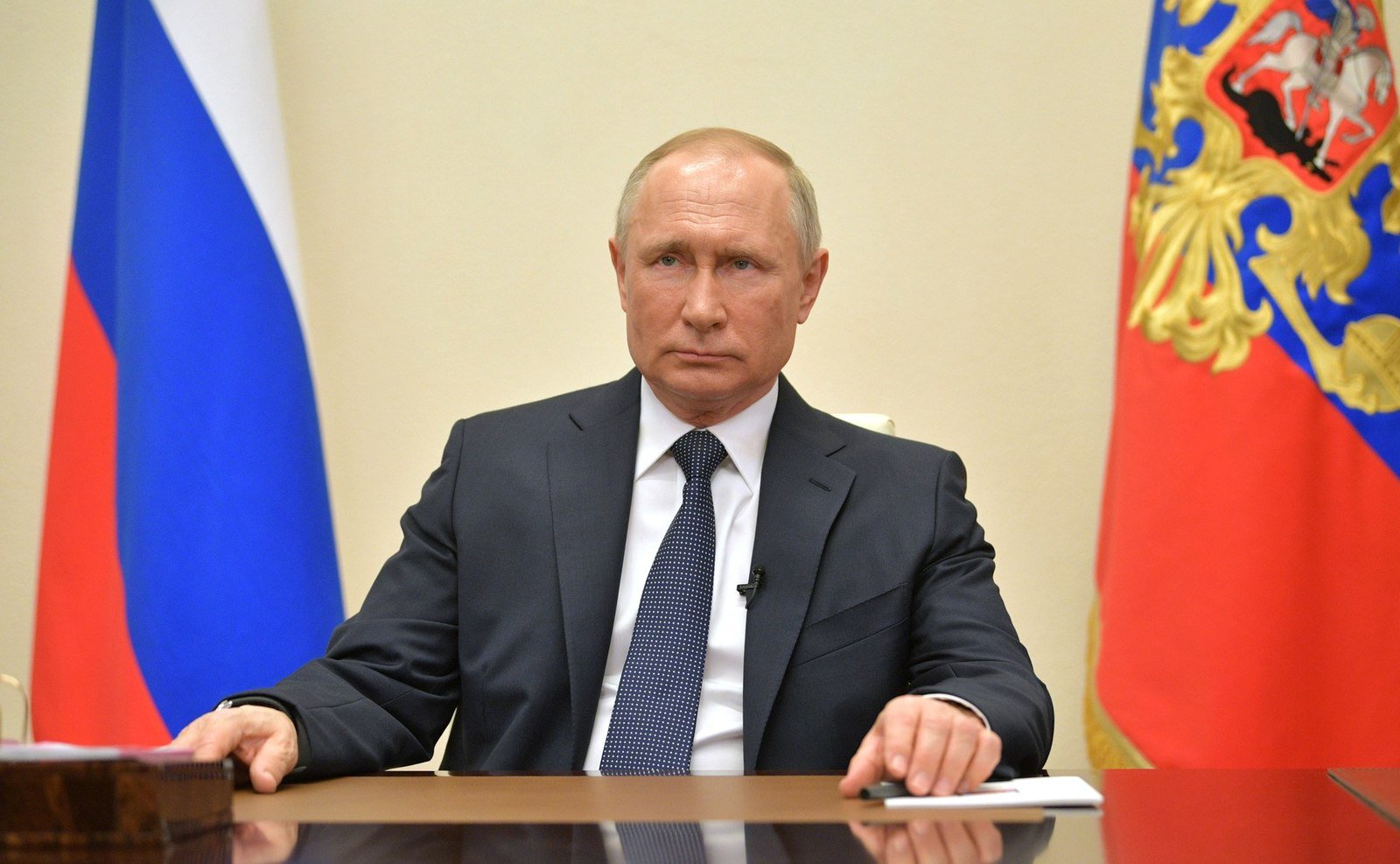Putin and the Psychology of Nuclear Brinkmanship: A Deadly Arithmetic of Compassion
Vladimir Putin addresses citizens. Licensed under CC BY 4.0.
By Lauren Hodges
A year and a half after Russia invaded Ukraine and Vladimir Putin declared the country’s nuclear forces ready for deployment, the Kremlin’s potential use of these weapons remains uncertain. One of the most concerning facts about the possibility of nuclear warfare is that the decision lies entirely in Putin’s hands. He has the power to determine when it is “necessary” to use nuclear force and what constitutes an “existential threat” requiring such force. The primary basis for the uncertainty is Putin’s volatile nature. However, the likelihood of nuclear escalation can be informed by looking closely at Putin’s actions in terms of “common psychological biases and pathologies, based on behavioral theory and research.” A recent Foreign Affairs article written by several authors, including Arithmetic of Compassion contributing editor Paul Slovic, examines the threat of nuclear war based on this research and provides indicators that point to a concerning level of risk.
A woman walks amid destroyed Russian tanks in Bucha, on the outskirts of Kyiv, Ukraine. Licensed under CC BY 2.0.
While the threat of using nuclear force has primarily been a scare tactic thus far, the possibility that Putin will act on these threats remains. The decision to use nuclear weapons boils down to weighing the pros and cons, which is difficult when the risks and benefits are conflicting. The use of nuclear weapons would have short-term military and political benefits for the Kremlin, but the long-term costs are hard to assess, especially when human lives enter the equation. In this regard, it is important to consider the cognitive mechanism called the prominence effect, which causes us to narrow our focus of attention when making complex decisions until a clear choice emerges. The prominence effect is particularly worrisome because Putin is failing to achieve his objectives and his very security is threatened, even more so after the recent attack by Yevgeny Prigozhin and his Wagner forces. Putin has shown himself to be numb to the considerable death and suffering his war has imposed on Ukrainians and Russians as well. If he considers the prospect of engaging in nuclear warfare to rescue his failing fortunes in Ukraine, he would have to weigh protecting his own security and ambitious goals against the vast harm to people and nature. His personal goals most certainly would be prominent, capturing his attention and making it doubtful that he would consider and be swayed by the prospect of mass casualties no matter their number.
A Ukrainian serviceman walks on an abandoned Russian army tank in Andriivka, Ukraine. Licensed by CC BY 2.0.
Other psychological factors can also shed light on the likelihood that Putin will use nuclear weapons. Putin’s known narcissism and vengefulness seem likely to reinforce psychic numbing and prominence, strengthening his attentional focus on his own security and power and diminishing concerns about protecting human lives,
Even though it is impossible to assess precisely the odds that Putin will use nuclear weapons, Slovic and his coauthors argue that the likelihood is high enough that the U.S. and its allies should be planning now how to respond in the event that desperation drives him to do so.



